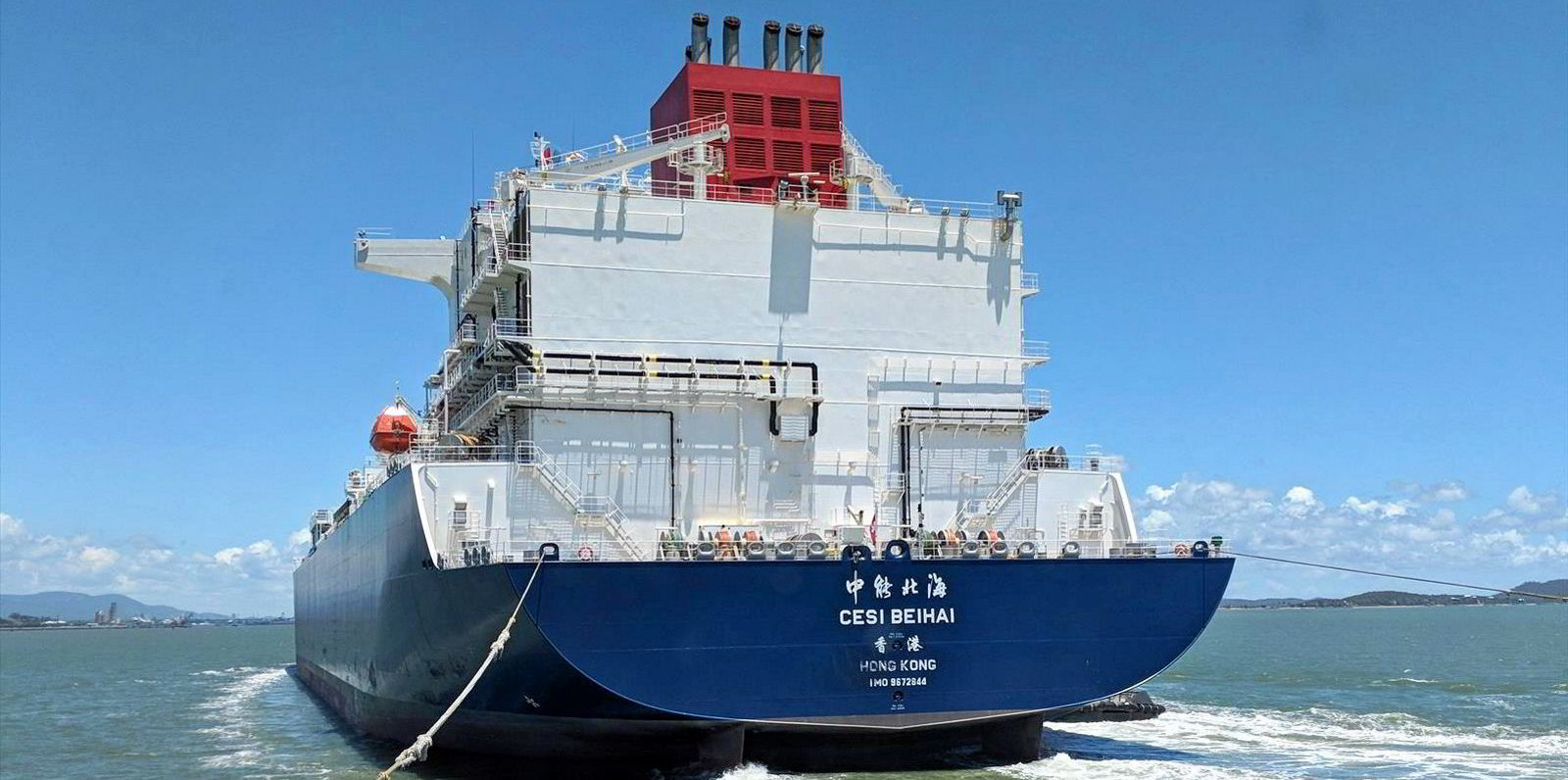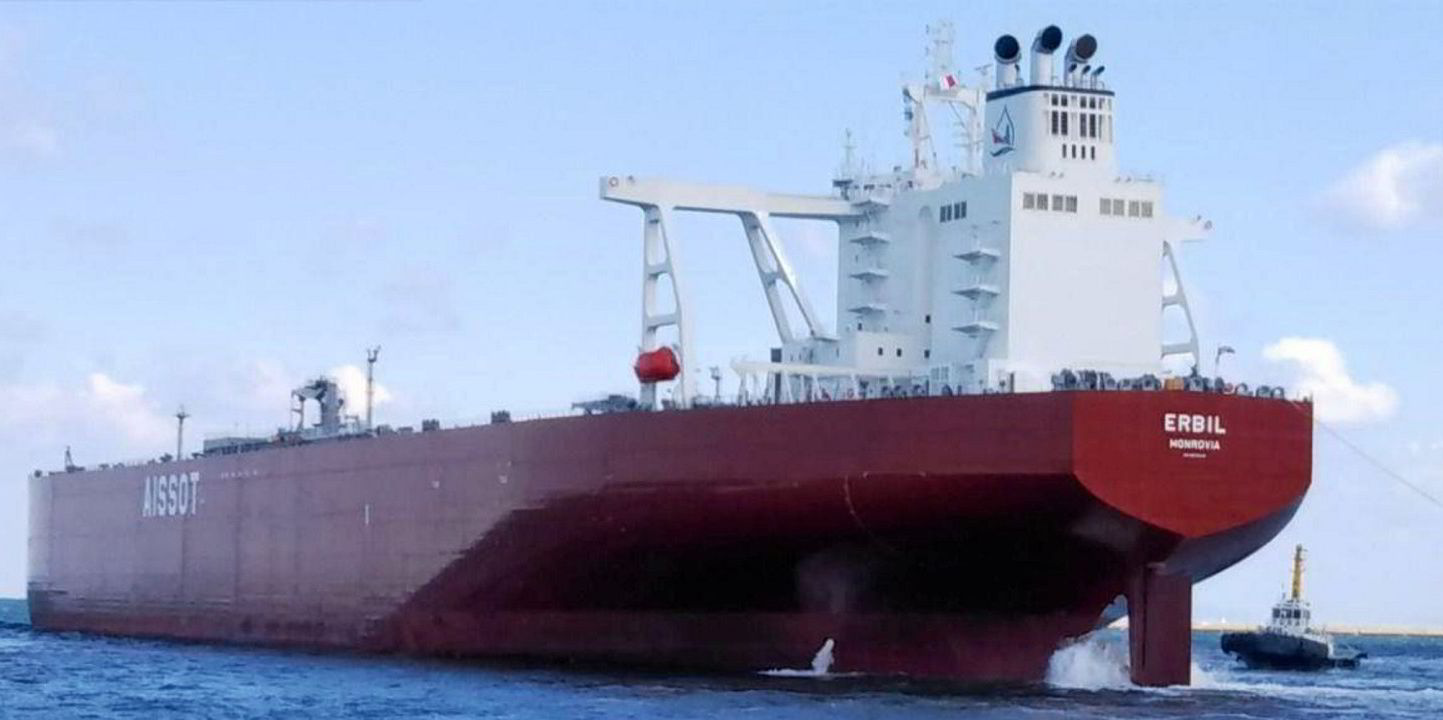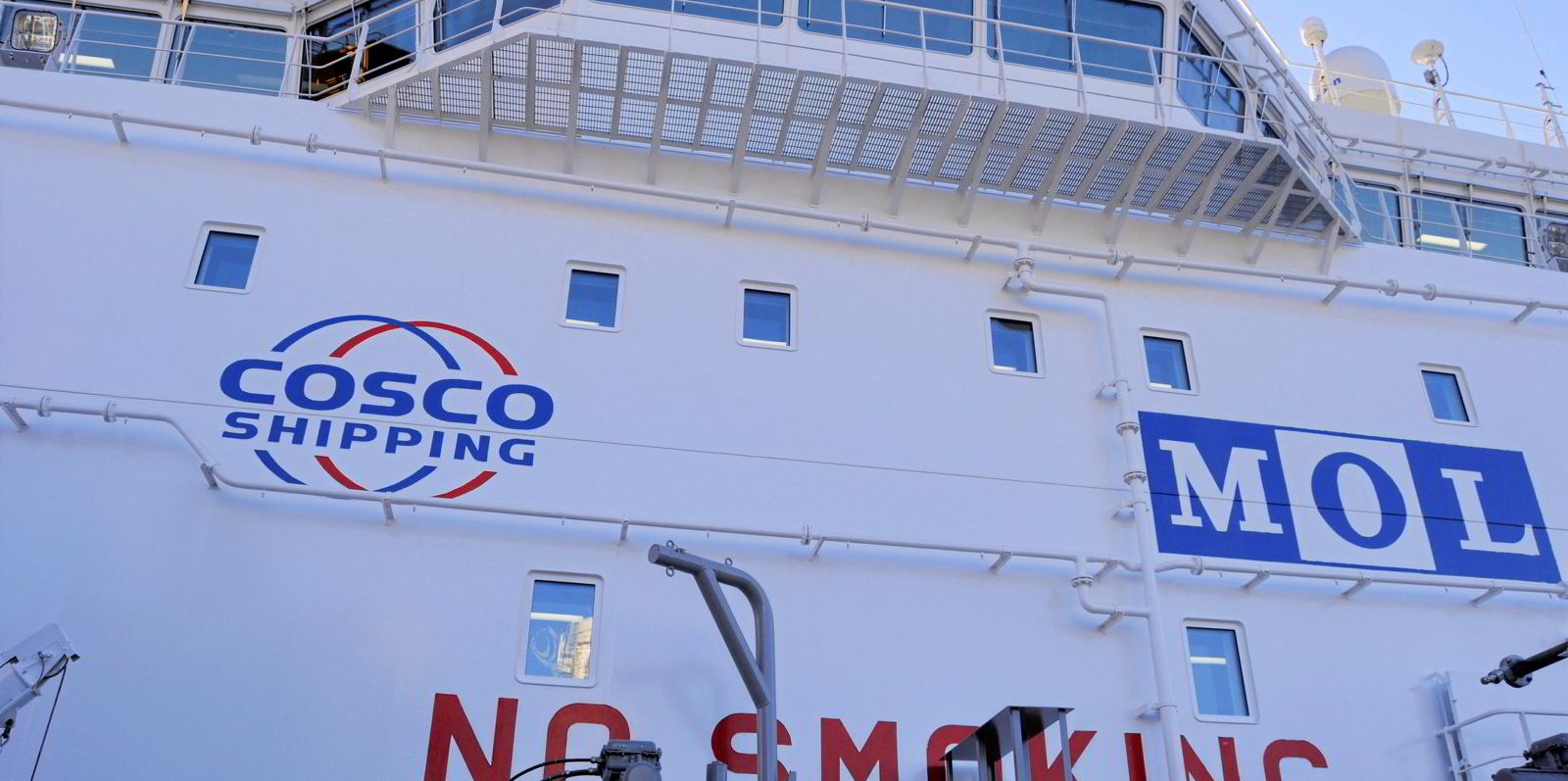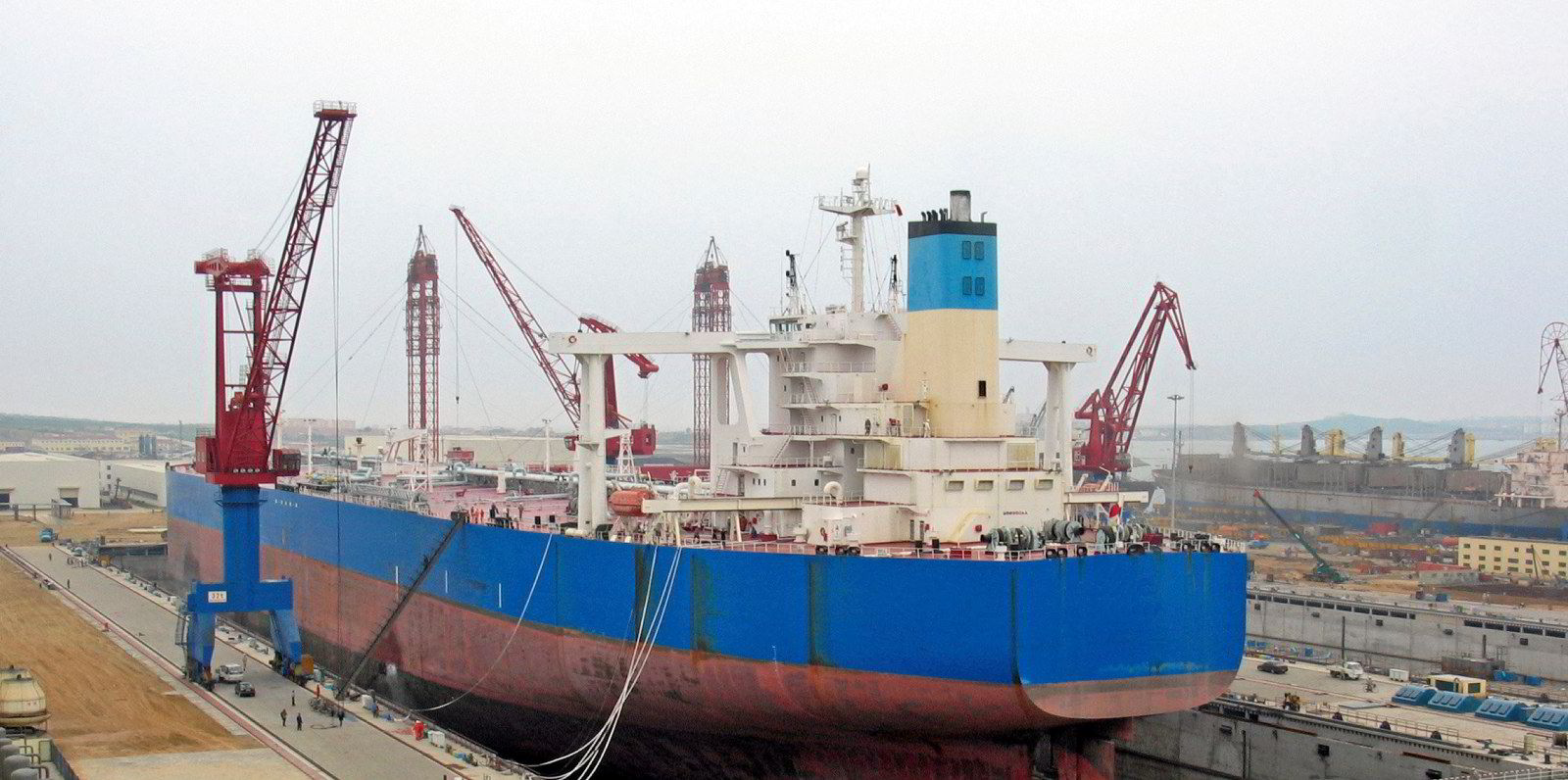Cosco Shipping Energy Transportation is hoping to ride through the current tanker market downturn with time-charter coverage and stable LNG business, according to company executives.
With oil consumption still plagued by the Covid-19 pandemic, spot tanker earnings in most segments have struggled to exceed operating expenses for months.
“International tanker rates have fallen sharply since the second half of 2020…Market conditions are still very challenging now, and it’s hard to predict when the inflection point will come,” Cosco Energy chairman Liu Hanbo told investors in a briefing on Thursday.
Deputy general manager Li Zhuoqiong said the company sought to cut costs in the first quarter primarily by reducing sailing speed and fuel consumption.
“The international oil shipping markets were full of challenges,” he said.
But the company’s bottom line is cushioned by forward coverage, with about 15% of the company’s oil tanker capacity for international trade fixed on period charters, Li added.
The charters have daily rates between $25,000 and $69,000. Most of them last for a year or longer.
Moreover, Cosco Energy’s LNG business, with 38 vessels in operation, has also been able to offer stable revenue streams to the company, Li said.
Fleet expansion
The Shanghai and Hong Kong-listed tanker giant saw net profits rise to CNY 2.37bn ($362m) last year from CNY 432m in 2019, mainly due to strong charter rates in the first half.
Yearly revenue increased to CNY 16.4bn from CNY 13.9bn.
Income from the company’s LNG business decreased by 4.13% to CNY 1.27bn. But its gross profit margin remained at a high level of 52.3%.
“We will prioritise developing our LNG unit in the future,” Li said. “It is already our second core business [after oil].”
Cosco Energy, part of state conglomerate China Cosco Shipping, is due to take delivery between 2022 and 2023 of three LNG carriers in which it has stakes.
“The business can achieve stable returns and mitigate the cyclical risks within the international tanker markets,” Li added.
Cargo is king
Cosco Energy, which has more than 160 crude and product tankers, also plans to renew its tanker fleet while maintaining shipping capacity.
“We want to focus on vessels with market prospects and regular cargoes. …We will increase the proportion of contracts of affreightment,” Liu said.
“We are also enlarging our operating fleet by acting as a pool manager [of external ships], so we can gain economies of scale quickly. Aside from newbuildings, we may also expand our shipping capacity by secondhand purchases, finance leasing, and mergers and acquisitions.”







